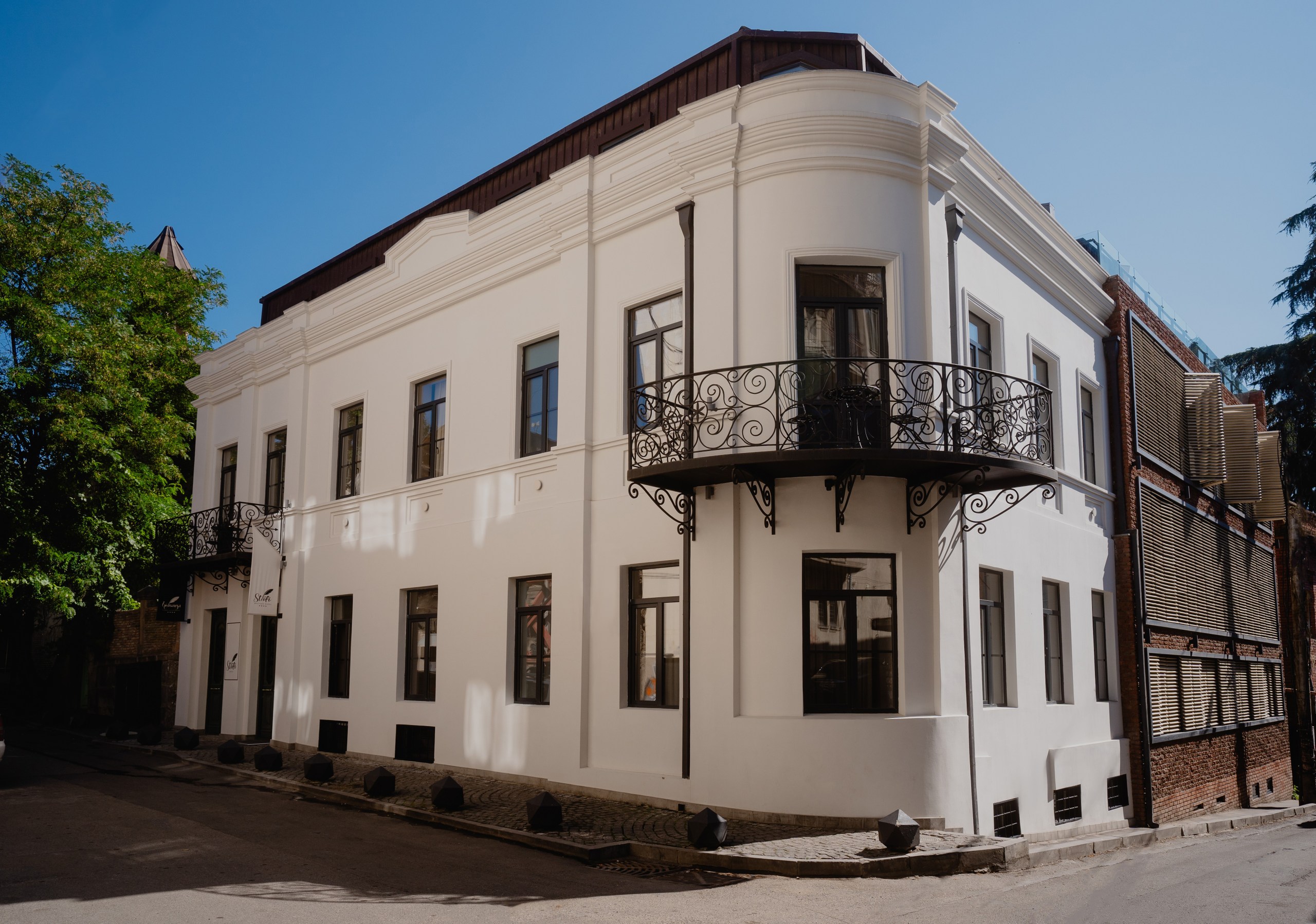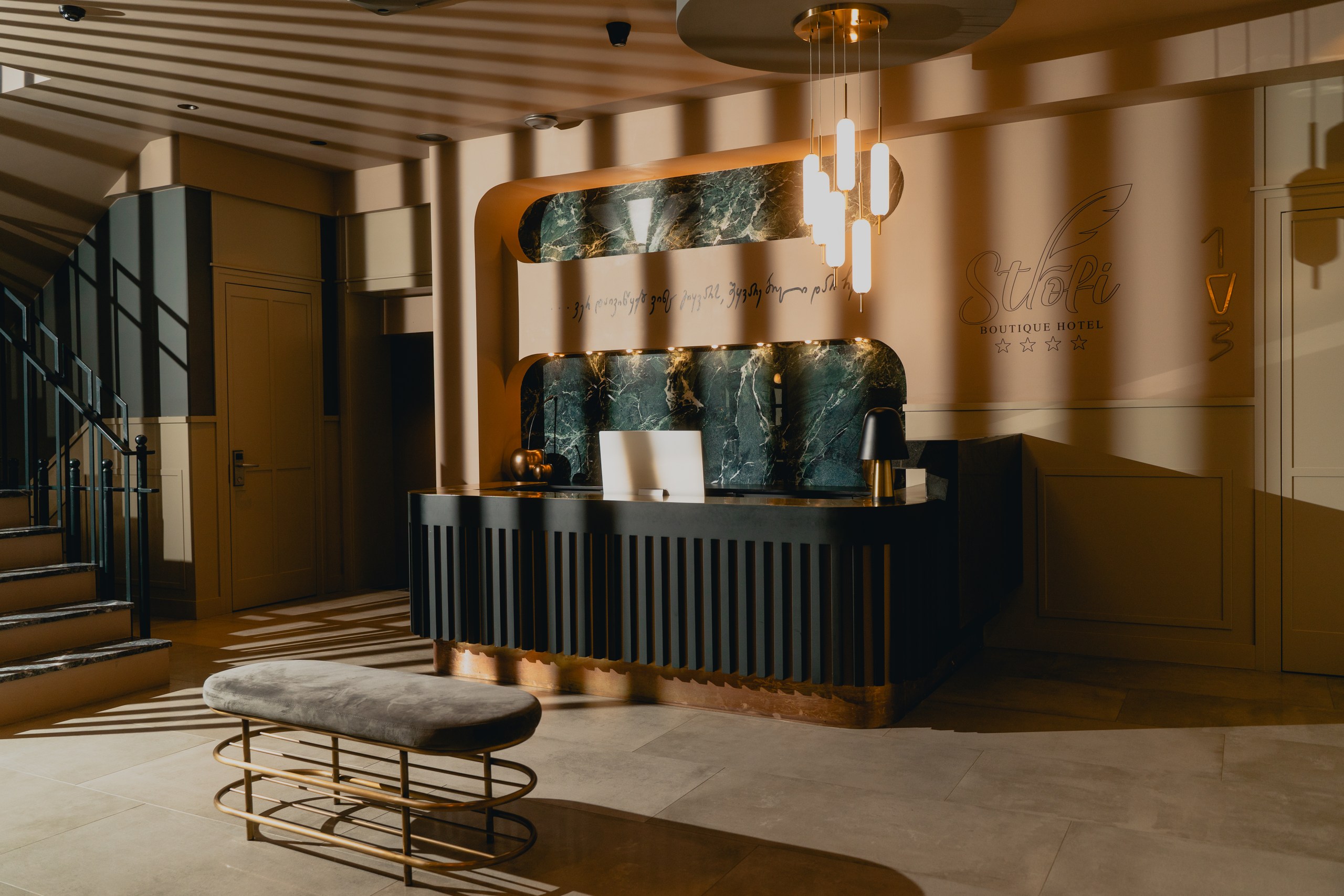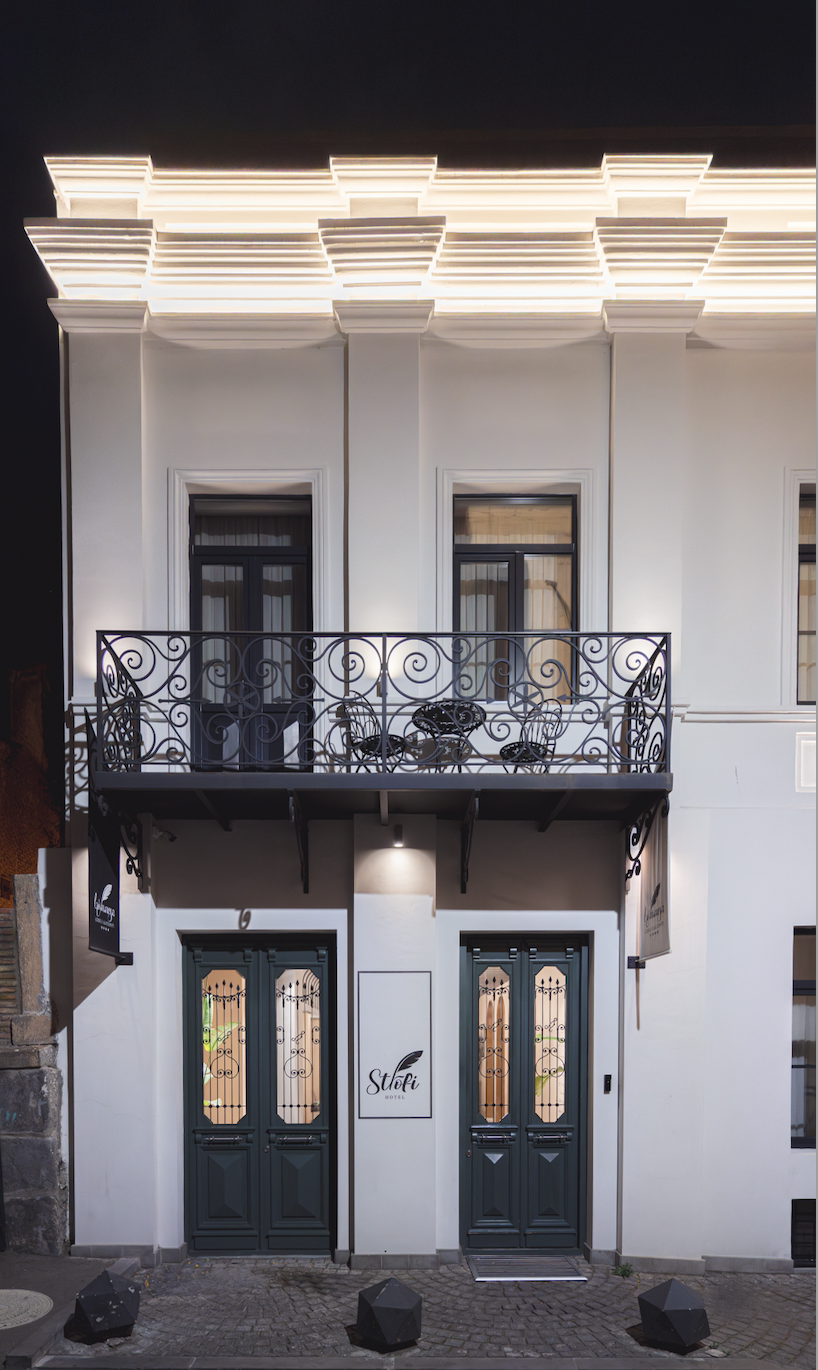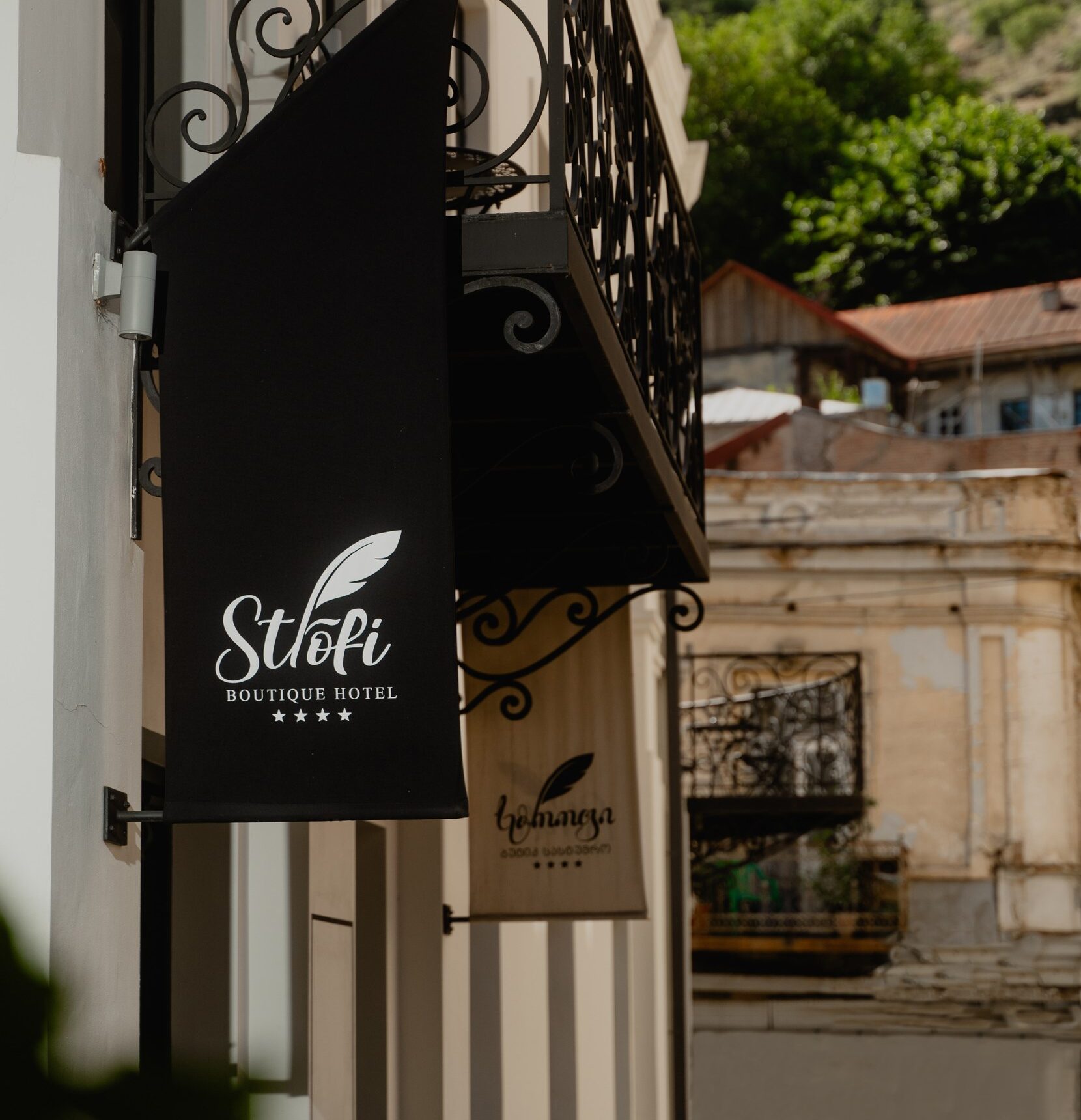Urban & Unique

Heritage of 19th Century

When past meets the present


History and Heritage of 19th Century
“Tbilisi has fallen a hundred times,” reads the name of a famed Tbilisi History Museum exhibition. True, the city has fallen a good deal of times but has managed to keep its integrity despite constant onslaughts from many empires. It’s also true, that among all parts of the city, Sololaki district captures Tbilisi’s character the most with its colorful mix of carved wooden balconies, ancient churches, Italian yards, and eclectic/chaotic architecture so emblematic of the capital.
Despite having become the favorite tourist hotspot over the years, Sololaki still harbors authentic “islands” where genuine city life flows. Among such places is Lado Asatiani Street, named after a beloved Georgian poet. Stretching all the way from the near-Meidani area towards Mtatsminda, the street bypasses many distinguished buildings.
One such sight is the renowned Tbilisi architect, Kornely Tatishchev’s house. With its arched windows and glittering domes, this magical three-storied Moorish building has a dreamlike quality, resembling an image from a collection of Arab fables — One Thousand and One Nights. Looking at the house, one can’t help but conjure up an image of Tatishchev leaning over its pretty balcony, lost in a trivial discussion with his high-born Georgian wife.
Another notable nearby structure in the so-called “Hogwarts”—a late-nineteenth-century neo-gothic building that originally hosted a Lutheran girls boarding school. “Hogwarts” functions as a regular school now, intriguing both students and passersby with its mystical, gloomy facade. Whilst strolling down Lado Asatiani street, one notices an eye-catching, yet understated Siemens Brothers’ memorial plate, that marks the dwelling site of the famed industrialists.
Highly respected Walter Siemens was named by the Tbilisi folk as “the father of caucasian telegraph;” Walter, on the other hand, returned the favor by calling Tbilisi “Paris of Asia,” so deep was his infatuation towards the capital. One cannot blame Mr. Siemens. It's hard not to fall in love with Tbilisi whilst living on Lado Asatiani Street, where rows of laundry jazz up pretty balconies and cats meander near treats left by the neighborhood felinophiles; where street sweepers interrupt the occasional silence and seemingly omnipresent neighbors greet you from windows. Looking up, a visage of mountains contours the skyline, eternal and mighty.
Urban & Unique
Strofi Boutique Hotel is located right in the heart of Lado Asatiani Street, in a reconstructed 19th-century building. Its vintage facade pays homage to the city’s distinctive architecture and merges seamlessly with its surroundings. From an original vaulted conference hall to scenic Sololaki views and to walls adorned with Lado Asatiani verses, this 28-room hotel marries the world-class comfort and authenticity of the old city.
Strofi can be summarized as cozy, atmospheric and modern. From sleek, stylish rooms open the views of Sololaki ridge, Moghni church and Lado Asatiani street. Each detail here tells a Tbilisi story.
Strofi is located within walking distance from the city’s major sites, yet its charming neighborhood invites us to veer off the beaten path and explore Tbilisi’s hidden gems. Who knows, after all, what secrets do other streets hold?


